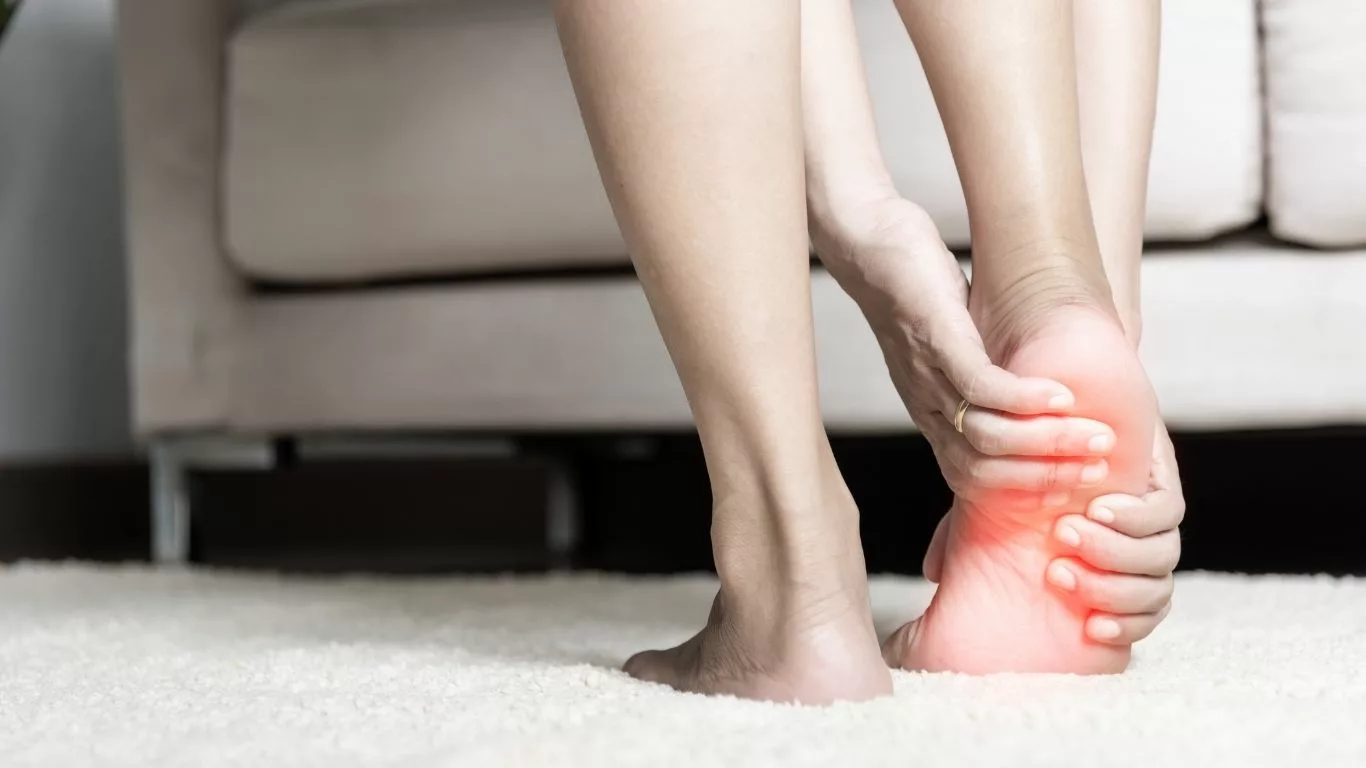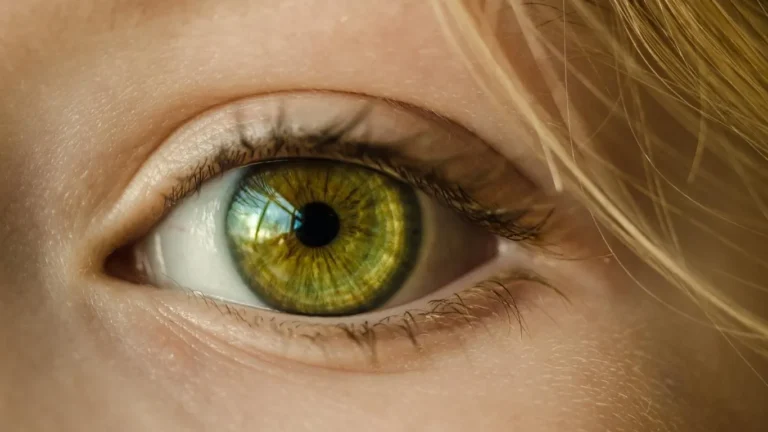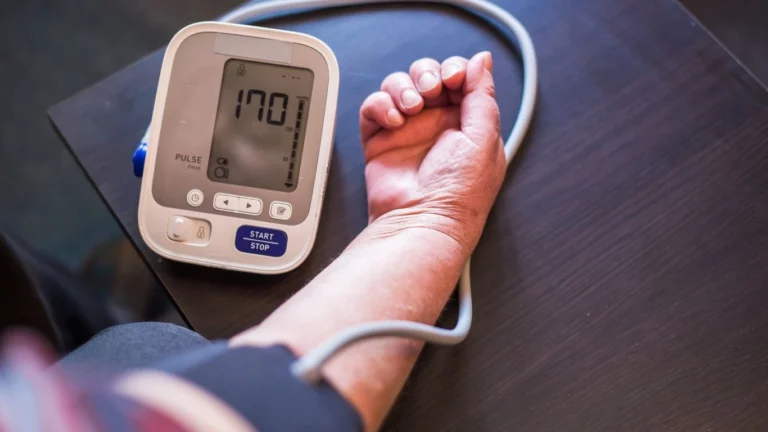Understanding Neuropathy: Causes, Symptoms, and Management
Unraveling Neuropathy: Delve into the complexities of neuropathy, a condition that impacts the nervous system. Gain insights into its causes, symptoms, and discover effective strategies for managing and alleviating neuropathic symptoms.
Neuropathy, a condition affecting the peripheral nervous system, is characterized by damage or dysfunction of nerves. This comprehensive article aims to provide a thorough understanding of neuropathy, covering its causes, symptoms, and practical approaches to effectively manage this condition.
Understanding Neuropathy
Definition and Types of Neuropathy
Neuropathy refers to a disturbance or damage to the peripheral nerves, leading to a range of symptoms. There are various types of neuropathy, including diabetic neuropathy, peripheral neuropathy, and autonomic neuropathy, each presenting unique challenges and symptoms.
Common Causes of Neuropathy
Neuropathy can have diverse causes, with diabetes being a prominent factor. Other contributors include autoimmune diseases, infections, trauma, and exposure to toxins. Understanding the underlying cause is crucial for developing an effective treatment plan.
Symptoms of Neuropathy
Neuropathic symptoms can manifest in various ways, including tingling, numbness, burning sensations, and pain. These symptoms often progress gradually and can significantly impact daily life. Early recognition and diagnosis are essential for timely intervention.

Diagnosis and Medical Intervention
Diagnostic Procedures
Accurate diagnosis of neuropathy involves a comprehensive assessment, including a detailed medical history, physical examination, and possibly nerve conduction studies or imaging tests. Collaborating with healthcare professionals is crucial for a precise diagnosis.
Medical Treatments for Neuropathy
Medical interventions for neuropathy aim to address underlying causes and manage symptoms. Medications such as pain relievers, anticonvulsants, and antidepressants may be prescribed. In some cases, physical therapy and lifestyle modifications are recommended.
Alternative and Complementary Therapies
Complementary therapies, including acupuncture, massage, and herbal supplements, may offer relief from neuropathic symptoms. However, it’s essential to consult with healthcare providers before incorporating alternative therapies into a treatment plan.

Lifestyle Adjustments for Neuropathy Management
Dietary Considerations
A well-balanced diet rich in nutrients, including vitamins B12 and D, is crucial for nerve health. Consultation with a nutritionist can help tailor a diet that supports overall well-being and may have a positive impact on neuropathic symptoms.
Physical Activity and Neuropathy
Engaging in regular, moderate exercise can contribute to overall health and may help manage neuropathic symptoms. Consultation with a healthcare provider is essential to determine suitable exercise routines based on individual health conditions.
Stress Management Techniques
Stress can exacerbate neuropathic symptoms. Incorporating stress management techniques such as meditation, deep breathing exercises, and mindfulness can contribute to symptom relief and overall well-being.

Supportive Devices and Aids
Orthopedic Footwear
For individuals with neuropathy affecting the feet, orthopedic footwear can provide support and reduce pressure on sensitive areas. Properly fitting shoes play a crucial role in preventing foot complications.
Braces and Splints
Braces and splints may be recommended to provide stability and support to affected areas. These devices can assist in maintaining proper alignment and reducing discomfort.
Assistive Devices for Daily Living
Various assistive devices, such as canes, walkers, and ergonomic tools, can enhance independence and safety for individuals with neuropathy. Occupational therapists can provide guidance on selecting and using these devices.
Exploring Advanced Treatment Options
Electrotherapy and Nerve Stimulation
Electrotherapy techniques, such as transcutaneous electrical nerve stimulation (TENS), may be employed to provide pain relief for individuals with neuropathy. These methods aim to modulate nerve signals and reduce discomfort.
Regenerative Medicine
Advancements in regenerative medicine, including stem cell therapy, are being explored as potential treatments for neuropathy. While research is ongoing, these innovative approaches hold promise for nerve regeneration and functional improvement.
Genetic Therapies
In cases where neuropathy has a genetic basis, emerging genetic therapies may offer targeted interventions to address underlying genetic abnormalities. Genetic counseling and testing play a crucial role in identifying individuals who may benefit from these therapies.

Research and Innovations in Neuropathy
Current Studies and Clinical Trials
Ongoing research and clinical trials are exploring novel treatments and interventions for neuropathy. Participation in these studies may provide individuals with neuropathy access to cutting-edge therapies and contribute to advancements in the field.
Neuroprotective Strategies
The development of neuroprotective strategies aims to prevent or slow down the progression of neuropathy. These approaches focus on preserving nerve function and preventing further damage, offering hope for improved outcomes for individuals with neuropathy.
Patient Perspectives and Advocacy
The neuropathy community plays a vital role in advocating for increased awareness, research funding, and improved access to care. Patient perspectives and advocacy efforts contribute to shaping policies and advancing the understanding of neuropathy.
Conclusion
In summary, navigating neuropathy involves a multifaceted approach, encompassing accurate diagnosis, medical interventions, lifestyle adjustments, and exploring advanced treatment options. Collaborating with healthcare professionals, staying informed about research developments, and actively participating in the neuropathy community can empower individuals to effectively manage neuropathic symptoms and enhance their overall quality of life.

Appendices
References
- “Peripheral Neuropathy Fact Sheet.”
National Institute of Neurological Disorders and Stroke, 2023.
Read the fact sheet - “Diagnosis and Management of Peripheral Neuropathy: A Review.”
JAMA, 2021.
Read the article - “Current Treatment Options in Neurology: Peripheral Neuropathy.”
Current Treatment Options in Neurology, 2022.
Read the article - “Advances in Neuropathy: A Comprehensive Review.”
Neurology Research International, 2023.
Read the review
FAQs
Q1: Can neuropathy be cured?
Neuropathy is often a chronic condition, but effective management strategies can alleviate symptoms and improve quality of life.
Q2: What are the common symptoms of neuropathy?
Common symptoms include tingling, numbness, burning sensations, and pain, often in the hands and feet.
Q3: Are there specific diets for neuropathy management?
A well-balanced diet rich in certain nutrients, including B12 and D vitamins, may support nerve health and overall well-being.
Q4: Can exercise help with neuropathy?
Moderate exercise, tailored to individual health conditions, may contribute to overall health and symptom management in neuropathy.
Table
Table: Strategies for Neuropathy Management
| Management Approach | Benefits |
|---|---|
| Medical Intervention | Addresses underlying causes and manages symptoms through medications and therapies. |
| Lifestyle Adjustments | Includes dietary considerations, physical activity, and stress management for overall well-being. |
| Supportive Devices | Orthopedic footwear, braces, and assistive devices enhance mobility and reduce discomfort. |
Disclaimer
The information provided in this article is for educational purposes only and should not be considered a substitute for professional medical advice, diagnosis, or treatment. Always seek the advice of your physician or another qualified healthcare provider with any questions you may have regarding a medical condition. The authors and publishers of this article do not endorse any specific product or treatment mentioned herein.

Camellia Wulansari is a dedicated Medical Assistant at a local clinic and a passionate health writer at Healthusias.com. With years of hands-on experience in patient care and a deep interest in preventive medicine, she bridges the gap between clinical knowledge and accessible health information. Camellia specializes in writing about digestive health, chronic conditions like GERD and hypertension, respiratory issues, and autoimmune diseases, aiming to empower readers with practical, easy-to-understand insights. When she’s not assisting patients or writing, you’ll find her enjoying quiet mornings with coffee and a medical journal in hand—or jamming to her favorite metal band, Lamb of God.







